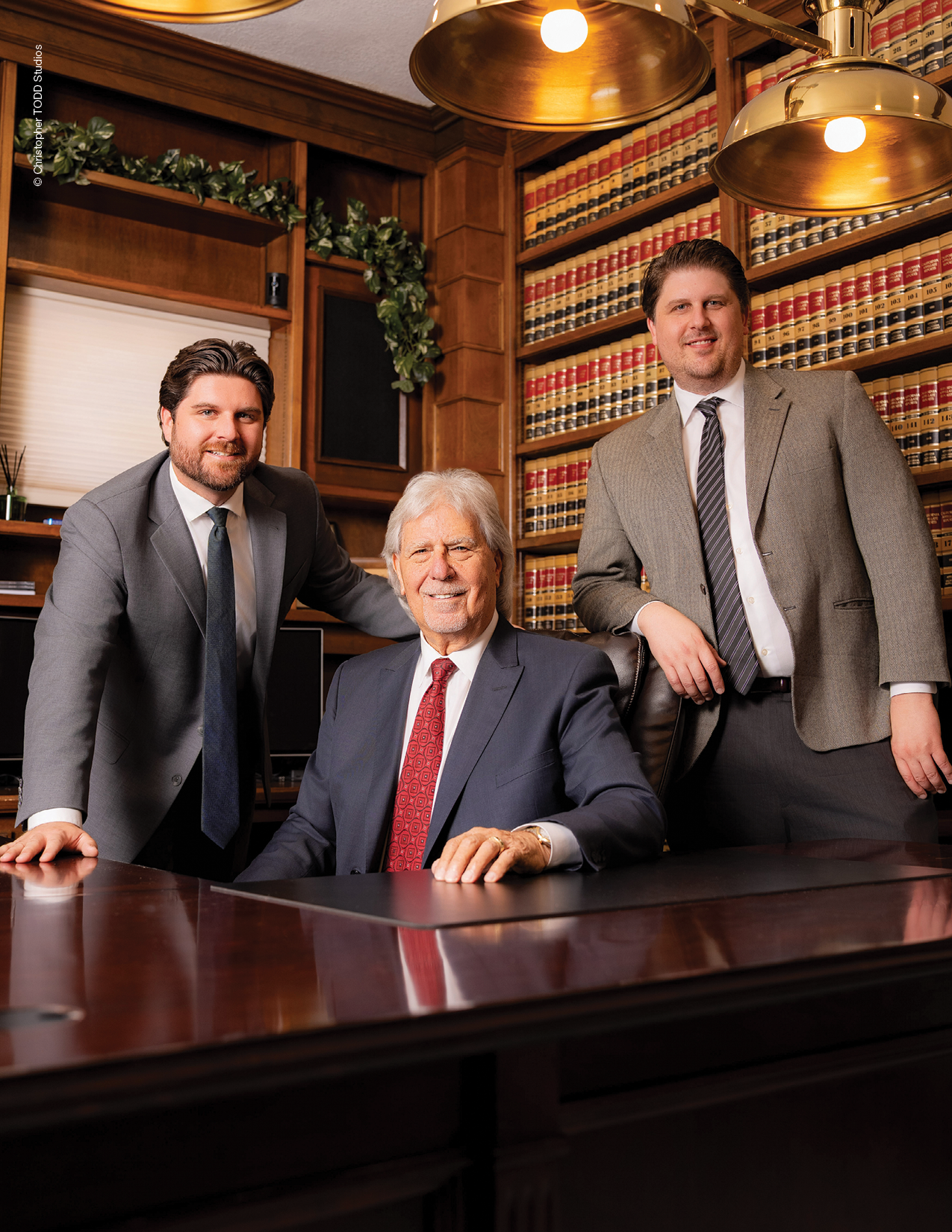Kimberly R. McGhee, Esq. is a Certified Elder Law Attorney (CELA®) and a Certified Specialist in Estate Planning, Trust & Probate Law (California), with nearly two decades of experience representing families in elder, conservatorship, probate, and trust-litigation matters. She is a partner at The Estate Lawyers, APC, has been listed in Super Lawyers (2021-2025), and serves on the Trusts & Estates Executive Committee of the California Lawyers Association (TEXCOM). Learn more at www.theestatelawyers.com.
Law Practice Succession Planning: The Importance of Staying in Control
As attorneys, we are trained to anticipate risk and protect our clients from uncertainty. Yet many of us fail to apply that same diligence to our own practices. Succession planning is not just a professional courtesy—it’s a legal and ethical necessity.
A Cautionary Tale
The sudden death of a law firm’s founder or managing partner can trigger a cascade of problems—especially when no succession plan exists. One real-world example involved a 30-attorney firm with multiple offices in the Mid-Atlantic. After the unexpected passing of its managing partner, the firm unraveled within a year. Without a designated successor or leadership structure, attorneys began leaving, clients lost confidence, and operations ground to a halt. Eventually, the remaining lawyers voted to close the firm.
Solo practitioners are particularly vulnerable. Many work until they pass away, leaving family members or colleagues to sort out the aftermath. In sole proprietorships, the firm legally ceases to exist upon the owner’s death. Without a plan, client matters may be left unresolved, and the firm’s assets are liquidated to pay debts. Even partnerships and LLCs can face dissolution or legal disputes if succession provisions are missing.
Whether through internal leadership development, merger strategies, or buy-sell agreements, law firms must prepare for the unexpected. Succession planning isn’t just about continuity, it’s about protecting clients, staff, and the legacy of the firm.
Ethical Duties Require More Than Good Intentions
California attorneys are bound by fiduciary duties of competence, communication, loyalty, and confidentiality. These duties don’t end when we retire, become incapacitated, or pass away. If we fail to plan for the transition or closure of our practice, we risk breaching these obligations and exposing our clients to harm.
The California Rules of Professional Conduct—particularly Rules 1.1 (Competence), 1.6 (Confidentiality), 1.15 (Safeguarding Client Property), and 1.17 (Sale of Law Practice)—set clear expectations for attorneys to act with diligence and care in managing their practices, even in transition.
California’s Default Rules: Reactive and Risky
If an attorney becomes incapacitated or dies without a succession plan, California law provides a framework—but it’s far from ideal. Under Business & Professions Code Sections 6180 and 6190, the Superior Court may assume jurisdiction over the law practice and appoint an attorney to wind it down. This process is designed to protect clients, but it can be slow, disruptive, and costly.
The court-appointed attorney may not be familiar with the practice, the clients, or the systems in place. Without prior arrangements, even basic tasks—like accessing trust accounts, retrieving files, or notifying clients—can become complicated. Confidentiality concerns, malpractice risks, and administrative burdens often fall on grieving family members or unprepared colleagues.
When There is No Plan
If the court steps in, the appointed attorney or representative must:
- Secure the office, files, and trust accounts
- Notify clients, courts, and opposing counsel
- Review calendars for deadlines and court appearances
- Handle payroll, insurance, leases, and vendor contracts
- Reconcile trust accounts and finalize billing
- Safely destroy or return client files
- Notify the State Bar and other agencies of the closure
This process can take months and may result in lost goodwill, client dissatisfaction, and even litigation.
Proactive Planning: A Professional Imperative
To avoid this scenario, I recommend the following steps:
- Designate a successor attorney:
Choose someone you trust and formalize the arrangement in writing. This person should be prepared to step in immediately if needed.
- Create an emergency protocol:
Include passwords, client lists, trust account details, and instructions for transferring or closing cases. Keep this updated and accessible.
- Consider selling or transferring your practice:
If retirement or declining health is foreseeable, explore options for selling or transitioning your practice while you’re still able to oversee the process. Rule 1.17 governs the ethical sale of a law practice and requires client notification and consent.
- Communicate with clients and staff:
Let them know you have a plan. This builds trust and ensures a smoother transition.
- Maintain insurance and records: Consider “tail” malpractice coverage and keep detailed records of client communications, billing, and file dispositions.
Planning Is an Act of Compassion
Succession planning is not just about protecting your business—it’s about protecting your clients, your colleagues, and your legacy. It’s a reflection of your professionalism and your compassion.








